By Paul Rogers
Imagine a high school that “learns” you before you learn from it. Where you are surveyed prior to even stepping into a classroom and your curriculum is personalized to your interests, abilities, talents, and dreams.
This is just one way in which a new Memphis charter school is trying to reimagine what’s possible in education — part of a growing national trend toward schools that focus less on grades and more on how much their students are actually learning.
“Students are interviewed, take interest inventories, and complete StrengthsFinder surveys,” Chris Terrill, executive director of Crosstown High School, said in an email.
Crosstown High will open in August 2018 in Crosstown Concourse: a formerly shuttered building that was reborn the summer of 2017 as a 1.1-million-square-foot mixed-used “vertical urban village.” Already nearly 3,000 people work in this onetime Sears warehouse in health care, retail, non-profits, and restaurants. There are residences, a YMCA, communal spaces, and even a university. In keeping with the Concourse “Better Together” motto, Crosstown High will be intrinsically embedded with its neighbors as a hub of the community.
Working with students and parents, Crosstown High will select one skill set for each student — which could be anything from web or graphic design to writing or archiving — and then pair them with partners within the Concourse for further hands-on development.
[quote position="right" is_quote="true"]Working side-by-side with experts in the building, they'll tackle real-world challenges and help solve complex problems in areas including civics, health, education, and the arts.[/quote]
For example, they could work with Concourse medical professionals on protocols to reduce the spread of viral infections among Memphis’ homeless population or follow the entire journey of beef or pork from the farm to the Concourse market, learning about genetics, nutrition, ethics, and economic impacts along the way.
“We have identified approximately 30 occupations that exist in Crosstown that are moderately easy to transfer to a high school learner,” Terrill said.
Crosstown Concourse and Crosstown High even have a shared employee who specifically works to foster relationships between the school and its neighbors. It’s all part of the school’s commitment to experiential, inquiry-oriented, and project-based learning at the heart of its community. Challenging the traditional idea of schools as educational institutions largely insulated from the realities of the wider world, its curriculum is designed to enhance not only students’ core educations and prepare them for college and career, but also to address their personal growth into effective global citizens with the skill sets required to thrive in today’s fast-moving, highly interconnected economy.
“High school today looks very much like high school in 1910. That model, developed by the Committee of Ten in 1892, worked well in an era where standardization of skills was important. As our world has shifted, our schools have not.” Terrill explained. “Schools often focus on growing factual knowledge that has little connection to a student's everyday life.”
Utilizing both a first-floor community space and 90,000 square feet of classroom space on the Concourse’s fourth and fifth floors, Crosstown High will initially comprise 125 ninth-graders, eventually expanding to around 500 students from ninth to 12th grade. Classrooms will serve as “basecamps” to kick off projects before students break down to small groups within flexible spaces.
The school’s learning day will feature both team-taught interdisciplinary blocks and what it dubs “X periods,” 120-minute sessions where students delve deeply into project work, relationship-building with their advisory group (student teams with an advisor), or personalized learning pursuits. An essential question — such as “Who am I?” — will be developed to guide its curriculum, school-wide or at grade level, for a semester or more at a time.
“The bulk of our instruction will be delivered through well-developed projects,” Terrill said. “Often lessons might be introduced in a traditional model, but with a bit of background information, our students will work in small groups to solve real problems that have a connection to required state standards.”
[quote position="full" is_quote="true"]We are looking for students and teachers with a desire to do things differently,” Terrill said. “We have an opportunity to reshape high school, and we are looking for people with big ideas … people that are searching for answers.[/quote]
With advisors, fellow students, and community members as resources, students will explore the history, technology, math, science, and design elements that will shape their quarterly projects. These team projects will then be assessed through presentations to other members of the Crosstown Concourse community and presented at student-produced events and installations, where audiences will reach beyond the school itself.
Current eighth-grade students can apply to Crosstown High through Dec. 15, 2017, and will be selected by lottery. A grade will be added each year until Crosstown has ninth through 12th grades. Crosstown High plans to have a diverse student body that reflects the social makeup of Memphis, with marketing targeted to address any population that may be underrepresented.
As the recipient of a $2.5 million grant from the XQ Super School Project – a national initiative aimed at creating “super schools” that rethink and design the next American high school – Crosstown High and its timely methodology could ultimately inform education across America and worldwide.
“While the space at Crosstown is unique, our ideas around student voice, equity, authentic engagement, place-based learning, and community involvement are replicable,” Terrill concluded. “The only real barrier towards making our plan globally relevant is mindset. We believe that when people experience what Crosstown has to offer, we can begin to change that mindset.”







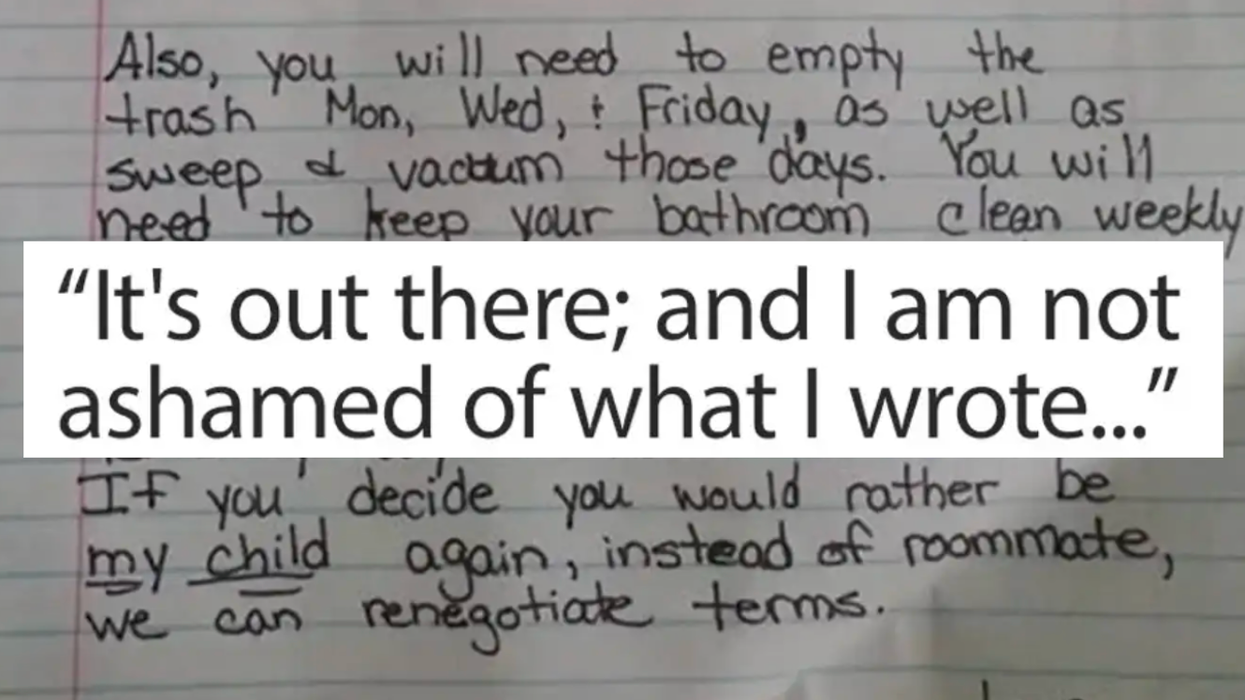
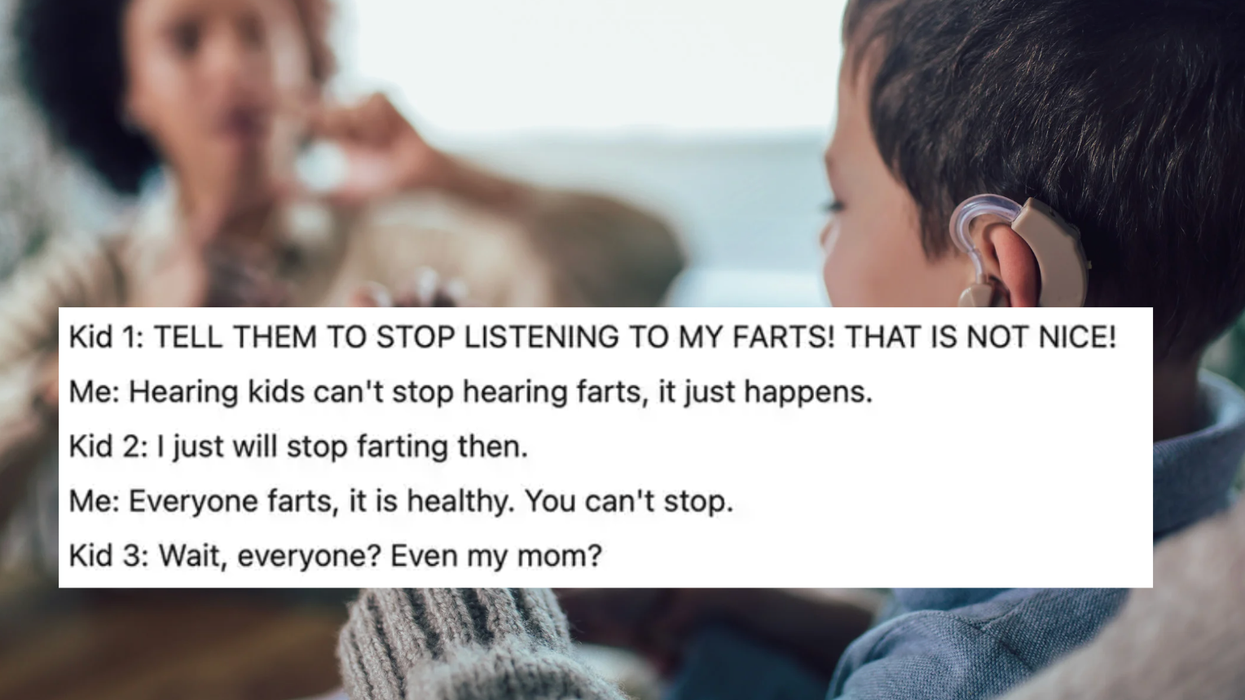






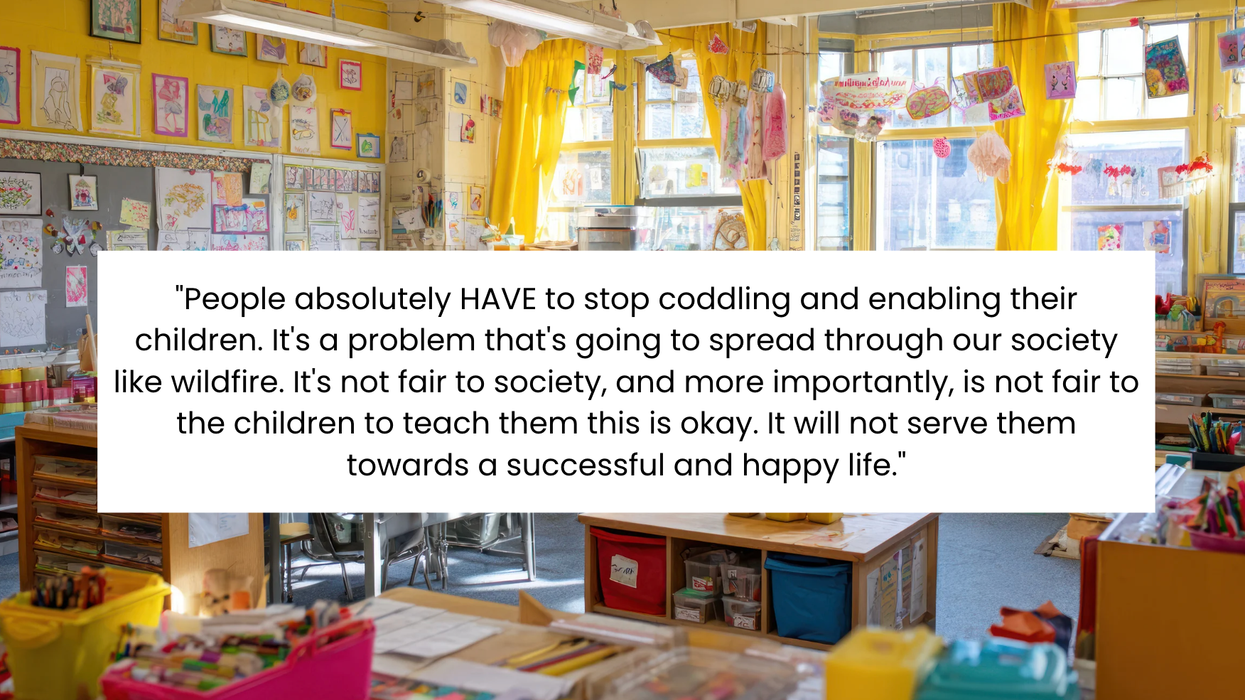
 A real estate agent talks with a young coupleCanva
A real estate agent talks with a young coupleCanva A frustrated school teacher takes a breakCanva
A frustrated school teacher takes a breakCanva A young girl plays around in her messy roomCanva
A young girl plays around in her messy roomCanva
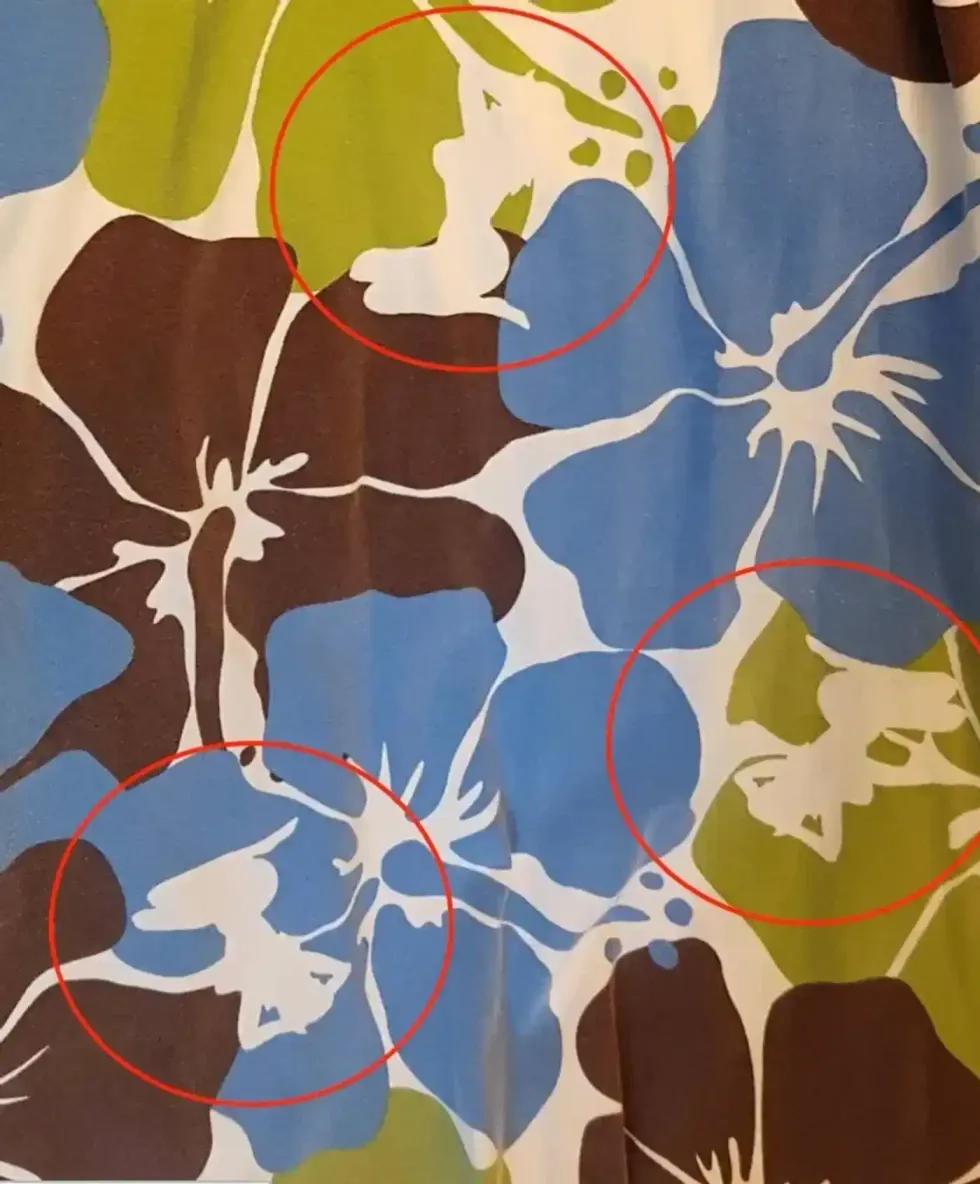 Image of the floral dress with the risque images circled
Image of the floral dress with the risque images circled 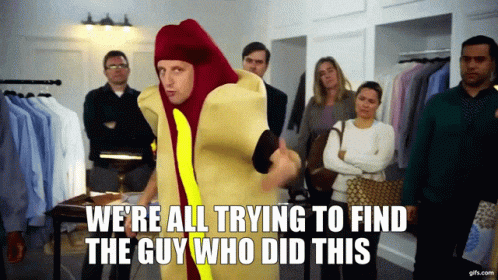 Gif of Tim Robinson via
Gif of Tim Robinson via 
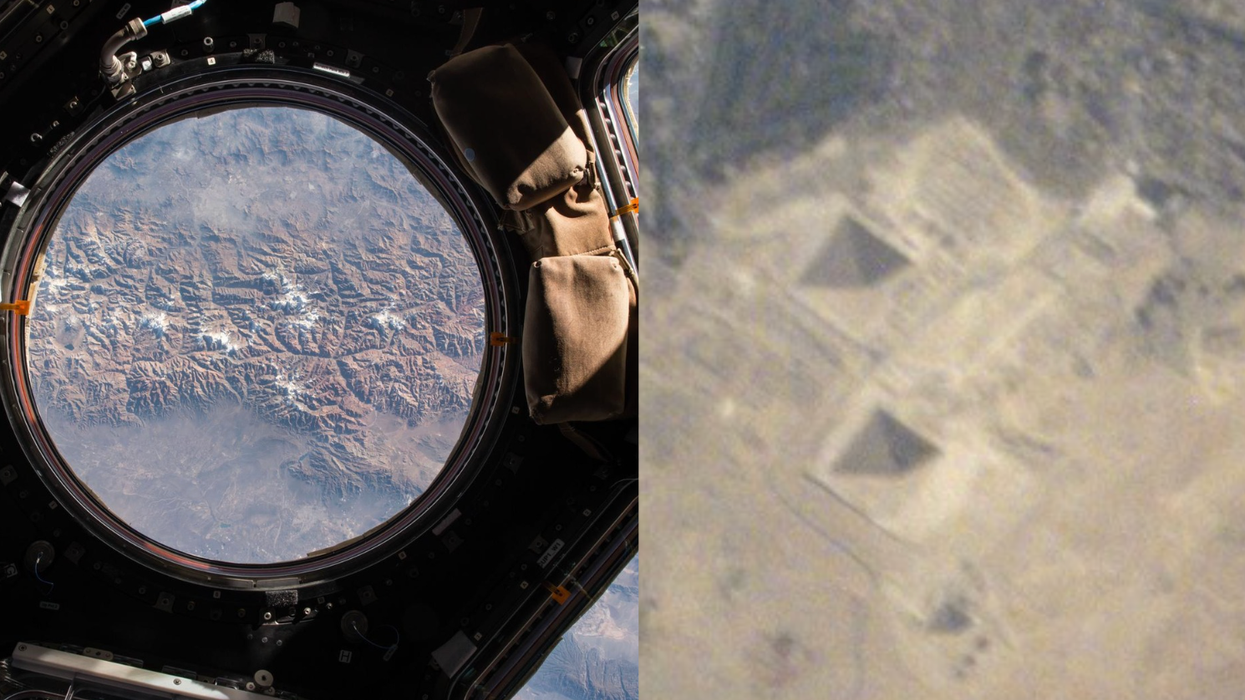

 Gif of Kaitlin Olson saying "Because I said so ... that's why" via
Gif of Kaitlin Olson saying "Because I said so ... that's why" via 

 A hand holds several lottery ticketsCanva
A hand holds several lottery ticketsCanva "Simpsons" gif of newscaster winning the lotto via
"Simpsons" gif of newscaster winning the lotto via